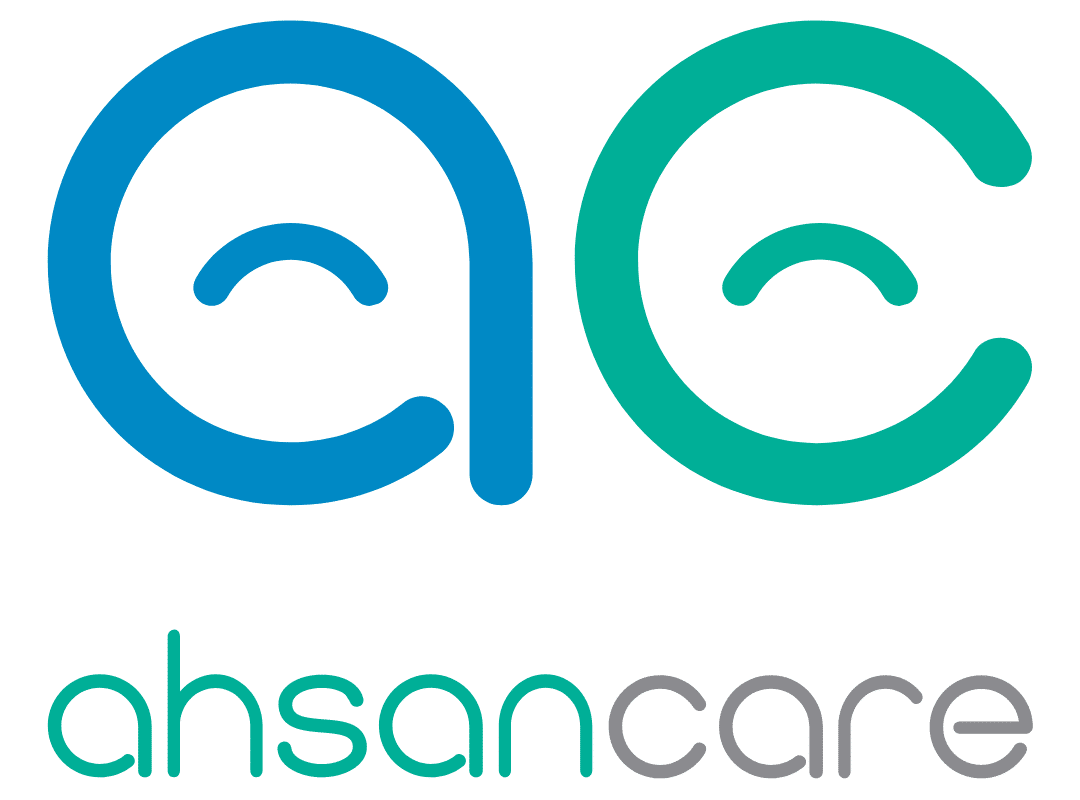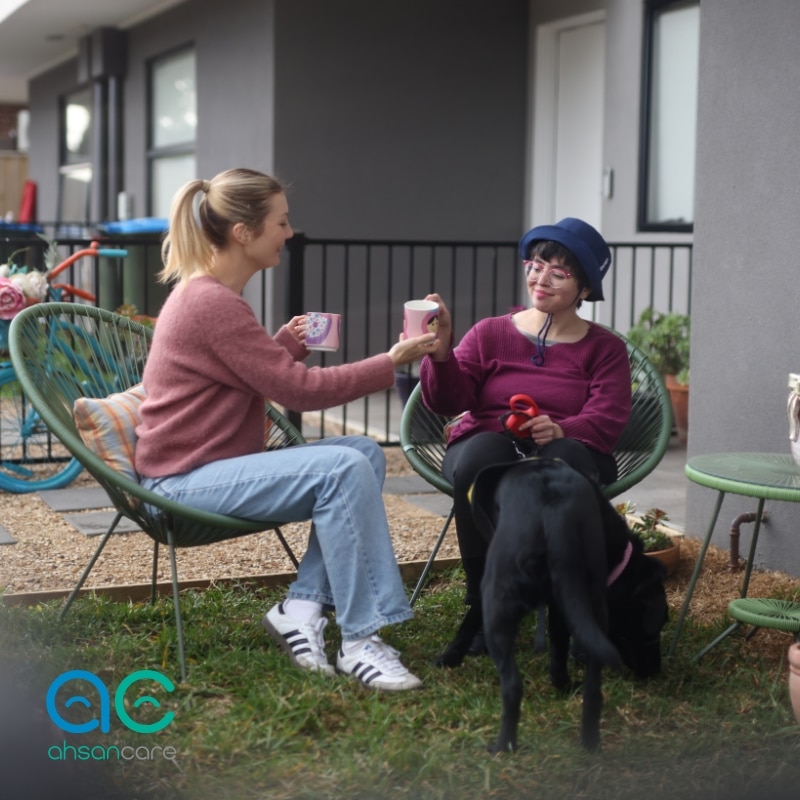Confidence isn’t something you’re born with — it’s built through experience. For many disabled individuals, meaningful activities open that door. From social connection to skill development, the proper support makes a world of difference. This article explores how “activities for disabled persons” encourage personal growth, emotional wellbeing, and stronger social bonds — all while helping participants feel more capable and included.
What challenges do disabled individuals face in daily activities?
Many disabled individuals run into real-world challenges in daily life — from inaccessible environments to social misunderstandings. These obstacles can chip away at confidence and leave people feeling frustrated or excluded. When participation in ordinary routines becomes difficult, some may withdraw or avoid trying altogether.
- Limited mobility options reduce access to community events
- Social stigma can cause embarrassment or self-doubt
- Communication barriers may lead to isolation or exclusion
- Inflexible support systems don’t consistently adjust adjust to personal needs
This makes activities for people with disabilities more than just entertainment — they offer a way to rebuild control, spark curiosity, and improve self-image by making participation feel achievable again.
In what ways does confidence impact personal growth?
Confidence acts like a bridge between potential and progress. When people believe in themselves, they’re more willing to try new tasks, speak up, or join social groups. Without it, even small steps forward can feel impossible.
- Fear of failure stops skill development before it even has a chance
- Low self-worth limits participation in new experiences and environments
- Avoidance patterns can lead to long-term dependence and emotional withdrawal
- Confidence-building encourages learning and trying without constant fear of judgment
Whether it’s trying art for the first time or joining a cooking class, confidence helps participants take risks that lead to meaningful personal growth. That’s why many NDIS-approved activities centre on structured wins — small moments where achievement becomes tangible.
Could isolation be reducing confidence in daily life?
Sometimes, the biggest challenge isn’t physical — it’s emotional. Isolation chips away at confidence slowly and quietly. When someone is left out or not invited to join in, they may begin to doubt their worth or lose motivation altogether.
- Lack of social interaction can feel lonely and limiting over time
- Reduced exposure to group dynamics slows social growth noticeably
- Confidence declines when participation stops feeling possible or welcome
- Emotional withdrawal makes reconnecting with peers more difficult and draining
That’s where community-based activities step in. By offering familiar faces and recurring social contact, they create consistency and structure. Many daily programs for NDIS participants are built around exactly this idea — keeping isolation at bay through connection and shared success.
What role do activities for disabled persons play in self-esteem?
When someone sees their abilities — rather than their limitations— not what they can’t — self-esteem naturally grows. Engaging in activities where success is possible and celebrated makes confidence feel earned. It also helps people feel seen for who they are, not just their support needs.
| Activity Type | Contribution to Self-Esteem |
| Music and performance groups | Encourages expression and public confidence through performance |
| Gardening or nature programs | Connects individuals to progress they can see and feel daily |
| Group exercise sessions | Builds routine and physical autonomy in a supportive setting |
| Art and craft projects | Highlights creativity and personal contribution to group goals |
For many participants, activities for people with disabilities are not just pastimes — they’re platforms to build self-respect and feel valued in a group setting.
How do activities for disabled persons improve social skills?
Strong social skills are built, not born — and group activities are one of the best ways to practice. Participants learn how to share space, manage conversation, and collaborate with others in a low-pressure, supportive environment.
- Turn-taking and patience are learned through shared tasks and repeated practice
- Confidence in speaking up grows in familiar group settings and routines
- Positive peer reinforcement encourages friendly habits and mutual respect
- Comfort in diverse settings builds broader communication skills over time
Inclusive programs that focus on group success also enable better friendships and deeper empathy. For example, engaging in activities that help boost social engagement for NDIS participants provides people with repeated opportunities to bond, listen, and respond in meaningful ways.
Are activities for disabled persons suitable for every ability level?
One size never fits all — and that’s a good thing. NDIS support providers know that people come with a mix of strengths, preferences and learning styles. That’s why most group activities are custom-fit to suit everyone, from those needing sensory breaks to those who love fast-paced games.
- Programs are adjusted based on communication needs or mobility limitations
- Support staff adapt activities to each participant’s comfort level and interests
- Success is often redefined to reflect individual growth, not merely measurable outcomes
- Group inclusion happens when every participant has a role and purpose
This flexibility ensures that activities for people with disabilities aren’t just accessible — they’re genuinely engaging. If you’re wondering why inclusive activities are essential for social connection, the answer often comes down to that sense of belonging. Everyone deserves a fair go.
How can shared experiences from activities shape long-term outcomes?
What starts as one hour of fun often plants seeds for long-term transformation. Shared activities lay the groundwork for stronger identity, reliable routines and lasting confidence. They help individuals move from hesitant to hopeful — and that change sticks.
- Group milestones become personal memories and motivators for future actions
- Routine participation encourages daily structure and reliability over time
- Small wins give way to bigger life decisions and long-term independence
- Supportive environments reduce stress and increase self-belief across all areas
Participants often share how weekly programs helped them feel more in control, more sociable and better understood. Explore tailored inclusive activities that support emotional well-being and social growth to see how these outcomes can become part of everyday life.
Final thoughts
Confidence doesn’t appear overnight — but it can be built, step by step, through meaningful participation and inclusive and supportive environments. Whether it’s learning a new skill or making a new friend, activities for people with disabilities bring value that lasts beyond the session. If you’re exploring inclusive support options, discover how Ahsan Care Provider empowers growth in inclusive settings through personalised approaches that make participation easier and more rewarding.


